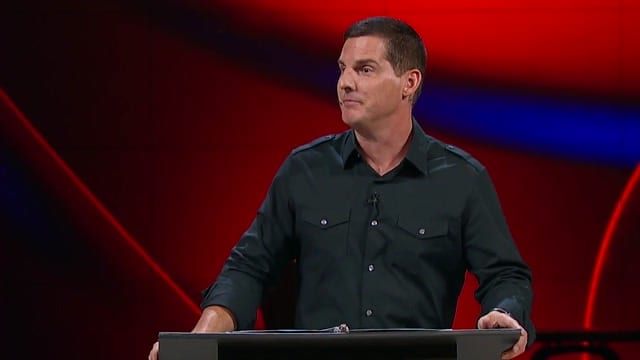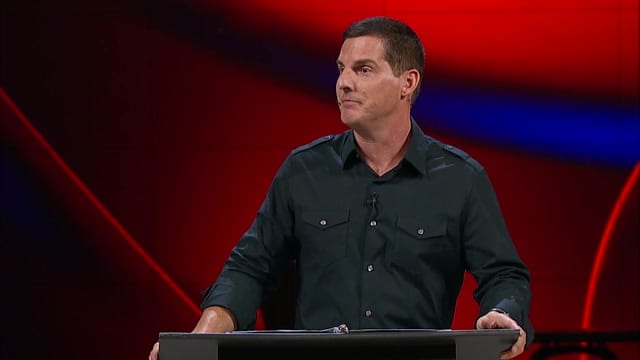
 “After finishing high school, I couldn’t continue with my education because of my lack of interest in school. I went to Malaysia to work with the hope that I could earn money for my family. I also hoped when I got there that I could stop playing around gambling, smoking, drinking and getting in fights. But when I got there, I couldn’t stop. It actually got worse. But luckily, one day I met a couple and they told me about God. I didn’t believe it the first time around, but the more I prayed the more I could change. I was amazingly surprised about this change and I made a decision. I came back to Vietnam and started to study at a Bible university. I wanted to do great things. I wanted to become a pastor. My family fully supported me. After 5 years at the University, I graduated and am now volunteering at a church. I will soon become a Pastor.
“After finishing high school, I couldn’t continue with my education because of my lack of interest in school. I went to Malaysia to work with the hope that I could earn money for my family. I also hoped when I got there that I could stop playing around gambling, smoking, drinking and getting in fights. But when I got there, I couldn’t stop. It actually got worse. But luckily, one day I met a couple and they told me about God. I didn’t believe it the first time around, but the more I prayed the more I could change. I was amazingly surprised about this change and I made a decision. I came back to Vietnam and started to study at a Bible university. I wanted to do great things. I wanted to become a pastor. My family fully supported me. After 5 years at the University, I graduated and am now volunteering at a church. I will soon become a Pastor.
I feel so blessed to be here today [at the GLS]. It’s my first time. Listening to the messages from different leaders inspires me. Each speaker has different experiences, but their leadership is so outstanding. I really would love to become a leader who can have a big influence on others. I loved hearing the Grander Vision message. We all need to have a clear vision and a goal. If leaders don’t have that, we will not lead people anywhere. I admit that my leadership skills still need to improve and I need to learn more. The GLS has given me a deeper understanding of God, and of course it will help ne a lot in serving God and helping others.”
– Nguyen, GLS attendee, Vietnam
 “This was my first time at the GLS and I was so impressed with all the messages. Before, I always used my authority to lead people. I didn’t realize that the best way to lead people is by influence. When I listened to the message “Defining Leadership” by Carly Fiorina, I realized I was a supervisor, but not a leader. A leader can change everything or can keep everything in order. Being a leader is a choice. Leadership can be built, but it will depend on your effort and determination on how you want to change. We can learn leadership from anyone and we can improve our leadership skills.
“This was my first time at the GLS and I was so impressed with all the messages. Before, I always used my authority to lead people. I didn’t realize that the best way to lead people is by influence. When I listened to the message “Defining Leadership” by Carly Fiorina, I realized I was a supervisor, but not a leader. A leader can change everything or can keep everything in order. Being a leader is a choice. Leadership can be built, but it will depend on your effort and determination on how you want to change. We can learn leadership from anyone and we can improve our leadership skills.
Thanks to the message, I felt encouraged to be a true leader. Leadership is unlocking human potential in others. I will spend more time thinking about this and already decided that I would change immediately. I desire to become a leader who can help encourage and build people up in the church.I hope that one day all believers in Vietnam and in HaiPhong in particular could experience the Summit. It was really meaningful and amazing so it should be spread to any believer. They all need to listen to these incredible messages and then they can change this country. Blessings!”
– Anh, GLS Attendee, Vietnam
 “I was born into a Buddhist family. At first, my family didn’t accept my religion, but I spent time convincing them that I was old enough to make wise choices for my life. Not long after that, my family allowed me to go to the church and they felt comfortable with my decision. Later, I graduated from a foreign language university, but did not get my desired job. Instead, I’m now an accountant, but this is not what I want to do.
“I was born into a Buddhist family. At first, my family didn’t accept my religion, but I spent time convincing them that I was old enough to make wise choices for my life. Not long after that, my family allowed me to go to the church and they felt comfortable with my decision. Later, I graduated from a foreign language university, but did not get my desired job. Instead, I’m now an accountant, but this is not what I want to do.
This was the first time I joined the GLS and I was also one of the volunteers helping prepare for it. Listening to all messages has given me enough courage to make a change. I was so impressed with Christine Caine’s message “Leading on the Edge of Hope”. The way Christine presented the message inspired me immensely. Christine had to suffer through many extreme hardships, but she still overcame everything and became a great speaker as well as a great leader.
I realized that I’ve done a miserable job, because my current job doesn’t bring me any joy or excitement. I feel unaccomplished going to work every day. Many times I feel hopeless and depressed. Thanks to the message from Christine, I know how to respond when faced with challenges. I will break through my present difficulties. I’m going to resign from my current job and find my dream job. I desire to do something that I’ve dreamed of for a long time. I want to obtain a job related to English. I will spend more time listening to the messages to understand more about leadership skills. Thank you GLS for bringing these useful messages to everyone here in Vietnam.”
-Hanh, GLS attendee, Vietnam
















Recent Comments